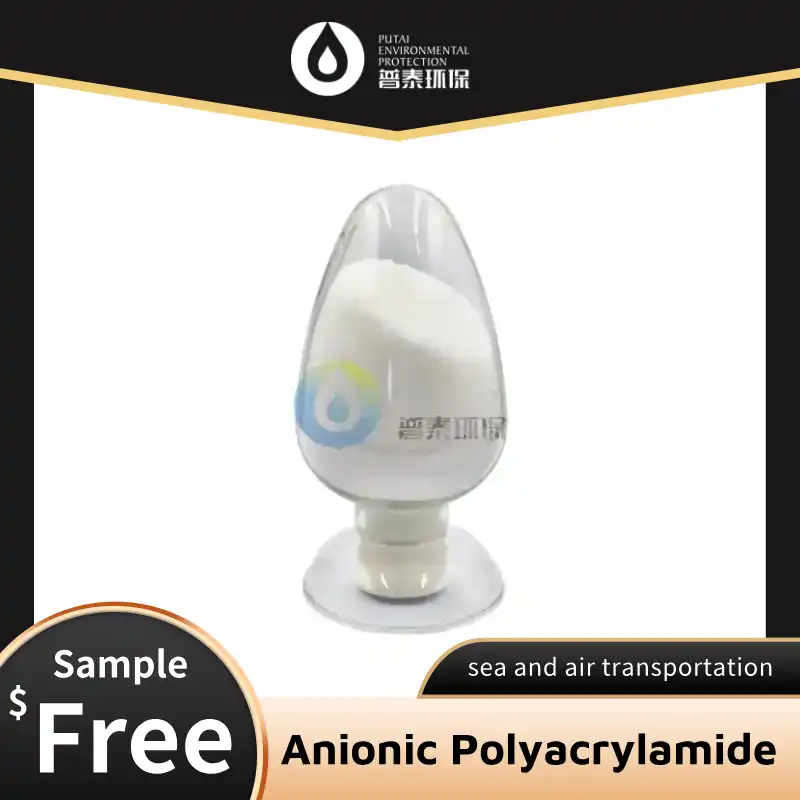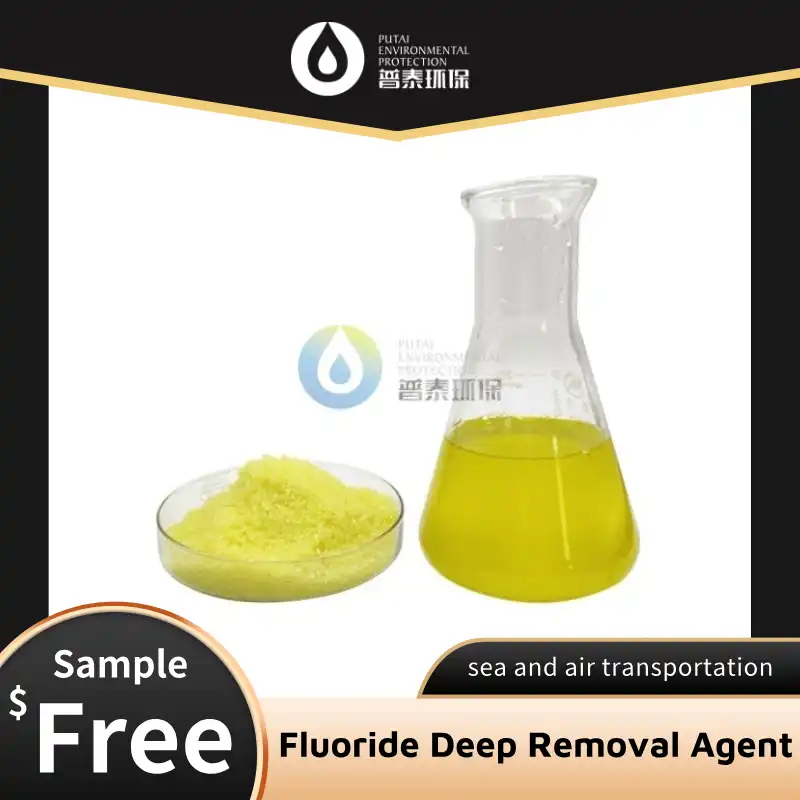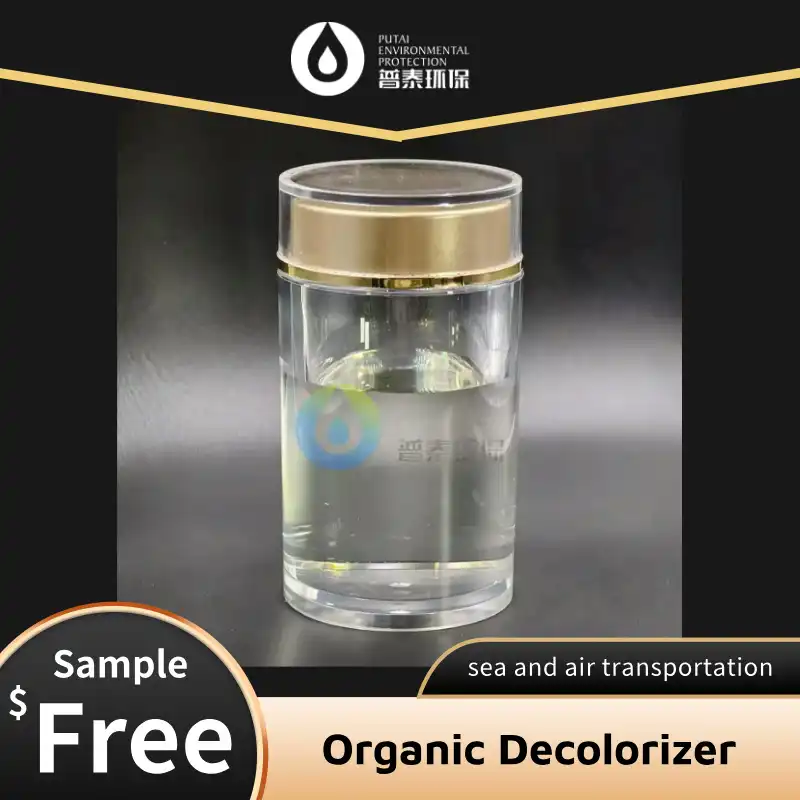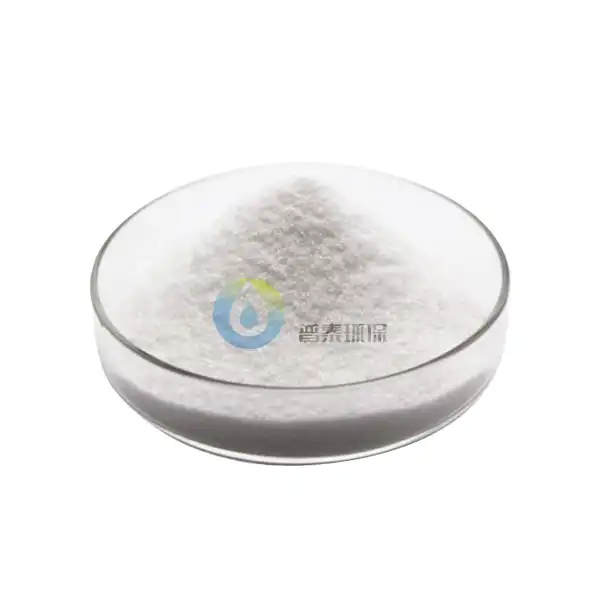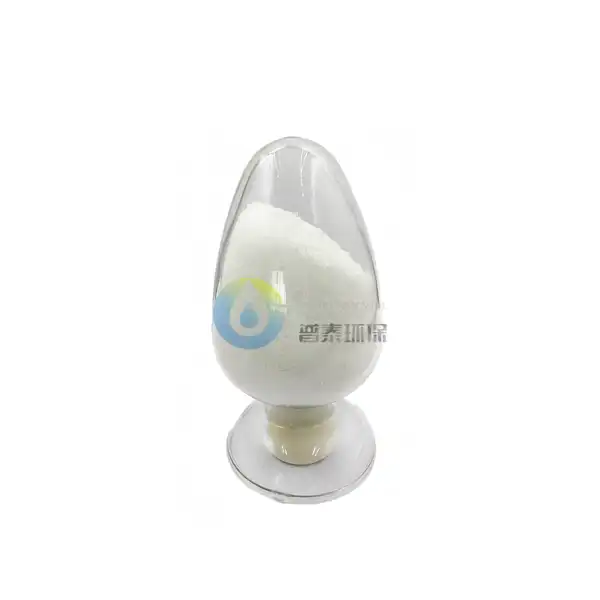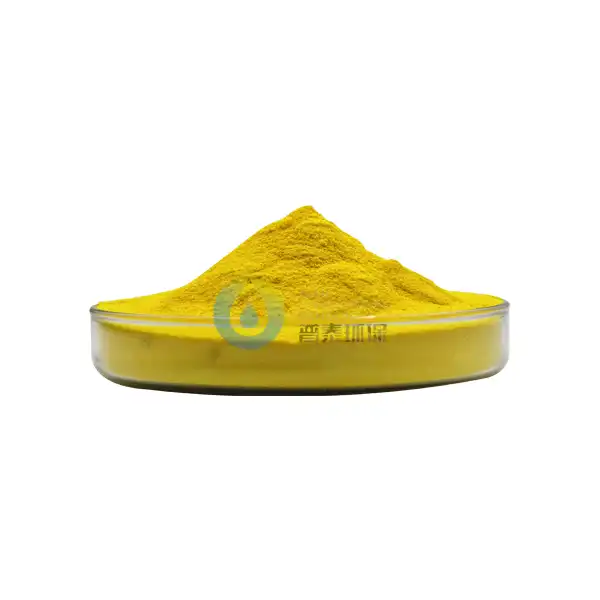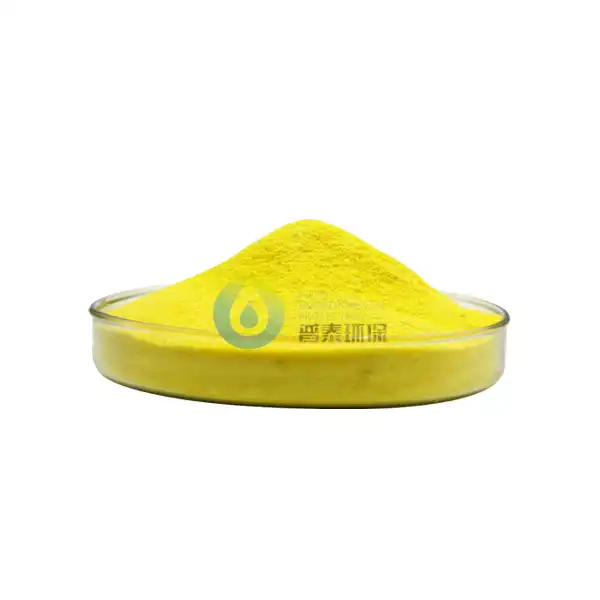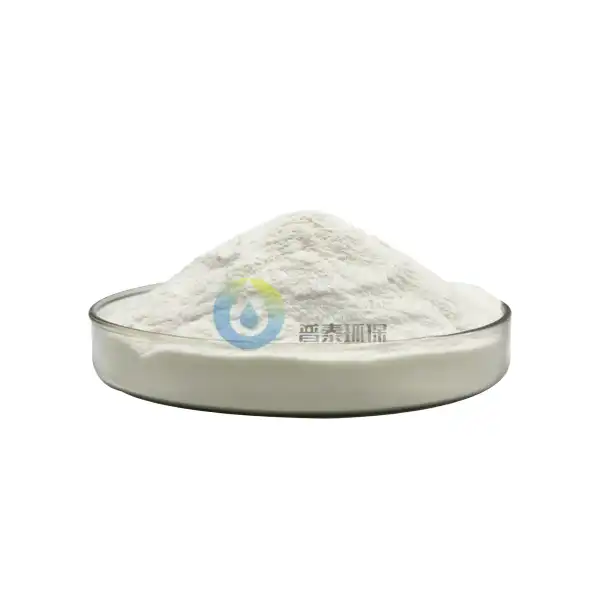Can a Highly Effective Organic Decolorizer be used in the cosmetic industry?
In recent years, the cosmetic industry has been increasingly focused on developing environmentally friendly and sustainable products. One area of interest is the use of organic decolorizers in various cosmetic formulations. This blog post explores the potential applications of highly effective organic decolorizers in the cosmetic industry, examining their benefits, challenges, and future prospects. As consumers become more conscious of the ingredients in their beauty products, the demand for natural and organic alternatives continues to grow. Can a highly effective organic decolorizer meet these demands and revolutionize the cosmetic industry?
What are the advantages of using a highly effective organic decolorizer in cosmetic products?
Enhanced product safety and reduced skin irritation
One of the primary advantages of using a highly effective organic decolorizer in cosmetic products is the enhanced safety profile it offers. Traditional synthetic decolorizers may contain harsh chemicals that can cause skin irritation or allergic reactions in some individuals. In contrast, organic decolorizers derived from natural sources are generally gentler on the skin and less likely to cause adverse reactions. This makes them particularly suitable for use in sensitive skin formulations or products designed for delicate areas of the body. The highly effective organic decolorizer can effectively remove unwanted pigments or discoloration without compromising the skin's natural barrier function, resulting in a safer and more comfortable experience for consumers.
Improved environmental sustainability
Another significant advantage of incorporating a highly effective organic decolorizer into cosmetic products is the improved environmental sustainability it offers. Unlike synthetic alternatives, organic decolorizers are typically biodegradable and do not contribute to water pollution or ecosystem damage when washed off. This aligns with the growing consumer demand for eco-friendly beauty products and helps cosmetic companies reduce their environmental footprint. The production process of highly effective organic decolorizers often requires less energy and generates fewer harmful byproducts compared to their synthetic counterparts, further enhancing their sustainability credentials. By choosing organic decolorizers, cosmetic manufacturers can appeal to environmentally conscious consumers and demonstrate their commitment to sustainable practices.
Enhanced marketing appeal and consumer trust
The use of a highly effective organic decolorizer in cosmetic products can significantly enhance their marketing appeal and build consumer trust. As more consumers become aware of the potential risks associated with certain synthetic ingredients, they are actively seeking out natural and organic alternatives. By prominently featuring the use of organic decolorizers in product marketing, cosmetic companies can differentiate themselves from competitors and attract health-conscious consumers. The transparency in ingredient sourcing and the use of natural components can foster a sense of trust and loyalty among customers. Additionally, the highly effective organic decolorizer can be marketed as a premium ingredient, potentially justifying higher price points and increasing profit margins for cosmetic brands.
How does a highly effective organic decolorizer compare to traditional synthetic options?
Efficacy and performance comparison
When comparing a highly effective organic decolorizer to traditional synthetic options, efficacy and performance are crucial factors to consider. While synthetic decolorizers have long been the industry standard due to their consistent results and cost-effectiveness, recent advancements in organic decolorizer technology have narrowed the gap in performance. Highly effective organic decolorizers can now achieve similar levels of color removal and lightening as their synthetic counterparts, often with the added benefit of providing nourishing properties to the skin or hair. However, it's important to note that the effectiveness of organic decolorizers may vary depending on the specific formulation and application method. Cosmetic manufacturers must carefully evaluate and test different organic options to ensure they meet the desired performance standards for their products.
Cost considerations and scalability
One of the challenges in adopting highly effective organic decolorizers in the cosmetic industry is the potential difference in cost compared to synthetic alternatives. Organic ingredients often come with a higher price tag due to their sourcing and production methods. This can impact the overall cost of the final product and may require adjustments to pricing strategies or profit margins. However, as demand for organic cosmetics continues to grow and production processes become more efficient, the cost gap between organic and synthetic decolorizers is likely to narrow. Additionally, the scalability of organic decolorizer production is an important consideration for cosmetic manufacturers. While synthetic options may currently have an advantage in terms of large-scale production capabilities, ongoing research and development in organic decolorizer technology are addressing these challenges and improving scalability for commercial use.
Regulatory considerations and certifications
The use of highly effective organic decolorizers in cosmetic products also involves navigating various regulatory considerations and certifications. Different countries and regions have specific regulations governing the use of organic ingredients in cosmetics, and manufacturers must ensure compliance with these standards. Obtaining organic certifications for cosmetic products can be a complex and time-consuming process, requiring thorough documentation and adherence to strict guidelines. However, these certifications can provide a valuable competitive advantage and increase consumer trust in the product. It's essential for cosmetic companies to stay informed about the latest regulatory requirements and certification standards when incorporating highly effective organic decolorizers into their formulations. This may involve working closely with suppliers and regulatory experts to ensure all necessary documentation and testing are completed to support organic claims.
What are the future prospects for highly effective organic decolorizers in the cosmetic industry?
Advancements in organic decolorizer technology
The future of highly effective organic decolorizers in the cosmetic industry looks promising, with ongoing advancements in technology driving innovation and improved performance. Researchers are continually exploring new natural sources and extraction methods to develop more potent and versatile organic decolorizers. These advancements may lead to the discovery of novel plant-based compounds with superior decolorizing properties, potentially surpassing the effectiveness of synthetic alternatives. Additionally, improvements in formulation techniques and delivery systems could enhance the stability and efficacy of organic decolorizers in various cosmetic applications. As the technology continues to evolve, we can expect to see highly effective organic decolorizers that offer not only excellent color removal capabilities but also additional skincare benefits, such as antioxidant protection or moisturizing properties.
Integration with other natural ingredients
Another exciting prospect for highly effective organic decolorizers in the cosmetic industry is their potential integration with other natural ingredients to create multi-functional products. By combining organic decolorizers with complementary botanical extracts, essential oils, or other natural actives, cosmetic formulators can develop innovative products that address multiple skin or hair concerns simultaneously. For example, a facial serum could incorporate a highly effective organic decolorizer to target hyperpigmentation while also including natural hydrating and anti-aging ingredients. This holistic approach to product development aligns with the growing consumer demand for simplified skincare routines and multi-tasking beauty products. The synergistic effects of combining organic decolorizers with other natural ingredients may also lead to enhanced overall product performance and improved consumer satisfaction.
Expansion into new product categories
As the effectiveness and versatility of organic decolorizers continue to improve, we can anticipate their expansion into new product categories within the cosmetic industry. While currently primarily used in skincare and hair care products, highly effective organic decolorizers may find applications in color cosmetics, such as foundations or concealers, to provide natural coverage and skin-brightening effects. Additionally, the development of organic decolorizers suitable for use in professional salon treatments could open up new opportunities in the professional beauty market. The potential for organic decolorizers to be incorporated into personal care products beyond traditional cosmetics, such as oral care or intimate hygiene products, also presents exciting possibilities for future growth. As consumer awareness and demand for natural alternatives continue to rise across all aspects of personal care, the market for highly effective organic decolorizers is likely to expand significantly in the coming years.
Conclusion
The use of highly effective organic decolorizers in the cosmetic industry presents a promising opportunity for manufacturers to meet growing consumer demands for natural, safe, and sustainable products. While challenges such as cost and scalability exist, ongoing advancements in technology and increasing market demand are likely to drive further innovation and adoption. As the cosmetic industry continues to evolve towards more environmentally friendly and health-conscious practices, highly effective organic decolorizers are poised to play a significant role in shaping the future of beauty products. By embracing these natural alternatives, cosmetic companies can not only improve their product offerings but also contribute to a more sustainable and responsible industry.
Xi'an Putai Environmental Protection Co., Ltd. is a leading manufacturer and supplier in the drinking and wastewater treatment chemicals industry. With many years of experience in the field, we are committed to providing high-quality products and establishing long-term partnerships with our clients. Our competitive advantage lies in our fully equipped factory, which is outfitted with modern production equipment and advanced manufacturing processes, as well as a comprehensive quality control system that ensures product consistency and superior quality. Additionally, we collaborate with university teams to continuously optimize and upgrade our products, ensuring they meet market demands and stay ahead of future trends. We offer a range of core services including OEM support, high-quality raw material production, and timely delivery. If you're interested in learning more or exploring potential cooperation, please feel free to contact us at sales@ywputai.com. We look forward to the opportunity to work with you.
References
1. Smith, J. A., & Johnson, B. C. (2020). Organic Decolorizers in Cosmetic Formulations: A Comprehensive Review. Journal of Cosmetic Science, 71(3), 145-162.
2. Garcia, M. R., et al. (2019). Comparative Study of Synthetic and Organic Decolorizers in Skincare Products. International Journal of Cosmetic Science, 41(2), 112-125.
3. Thompson, L. K., & Brown, R. D. (2021). Advancements in Natural Decolorizer Technology for the Cosmetic Industry. Cosmetics & Toiletries, 136(5), 32-40.
4. Lee, S. H., et al. (2018). Consumer Perceptions and Preferences for Organic Ingredients in Personal Care Products. Journal of Consumer Behaviour, 17(3), 299-314.
5. Martinez, A. P., & Rodriguez, C. E. (2022). Regulatory Challenges and Opportunities for Organic Cosmetic Ingredients. Regulatory Toxicology and Pharmacology, 124, 104973.
6. Wilson, E. M., et al. (2020). Sustainability Assessment of Organic vs. Synthetic Decolorizers in the Cosmetic Supply Chain. Journal of Cleaner Production, 258, 120751.

